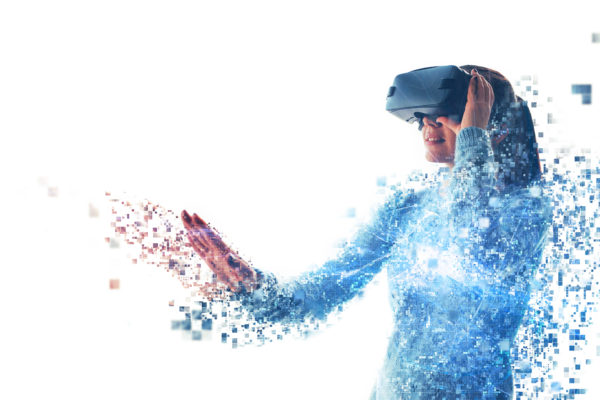
Everything I do in virtual reality is fun! I’m continually amazed by the incredible people in this field; they are all truly dedicated and passionate individuals who are making change happen. I’m thankful to be a part of this community. As a member of the VR/AR Association and Education Committee, I am fortunate to attend regular meetings where virtual reality topics from around the globe are discussed and presented. At one of the recent meetings, we discussed training and delivery frameworks of education in the metaverse, and I was drawn to visit a link that was shared by Marcus Shingles, CEO of Exponential Design. Marcus and his team recently presented at the 8th Annual Science, Technology, and Innovation Forum at the United Nations Headquarters in New York City. They shared their insights on the Metaverse Global VR Competition, which brought in over 1,200 registrants and teams of young people aged 14 and up from over 70 countries around the world. The goal of the competition was to create a metaverse in virtual reality for one of the 17 United Nations Sustainable Development Goals.
The United Nations Sustainable Development Goals (SDGs) are a set of 17 goals aimed at improving the planet and the quality of human life around the world by the year 2030:-
No Poverty
Zero Hunger
Good Health and Well-being
Quality Education
Gender Equality
Clean Water and Sanitation
Affordable and Clean Energy
Decent Work and Economic Growth
Industry, Innovation and Infrastructure
Reduced Inequalities
Sustainable Cities and Communities
Responsible Consumption and Production
Climate Action
Life Below Water
Life On Land
Peace, Justice and Strong Institutions
Partnerships for the Goals
Virtual reality and metaverse technologies have the potential to support the Sustainable Development Goals (SDGs) in various ways, such as raising awareness, promoting empathy and sensitization, and providing immersive experiences. These technologies can be used to accelerate progress towards achieving the SDGs by 2030. Marcus and the team at Exponential Destiny gave an impressive presentation, highlighting how virtual reality can be used as a tool by teachers to reinvent and improve education and learning. Their words echoed what many people in the VR community have been discussing.
I am so very thankful for all of the folks in the VR community who are working together to make a difference for all of us! I believe that by using virtual reality to access the metaverse, we can provide equity and inclusion through immersion and experiential learning that isn’t currently available to everyone. It is a way to bridge the social, economic, and digital divide issues we currently have in education.